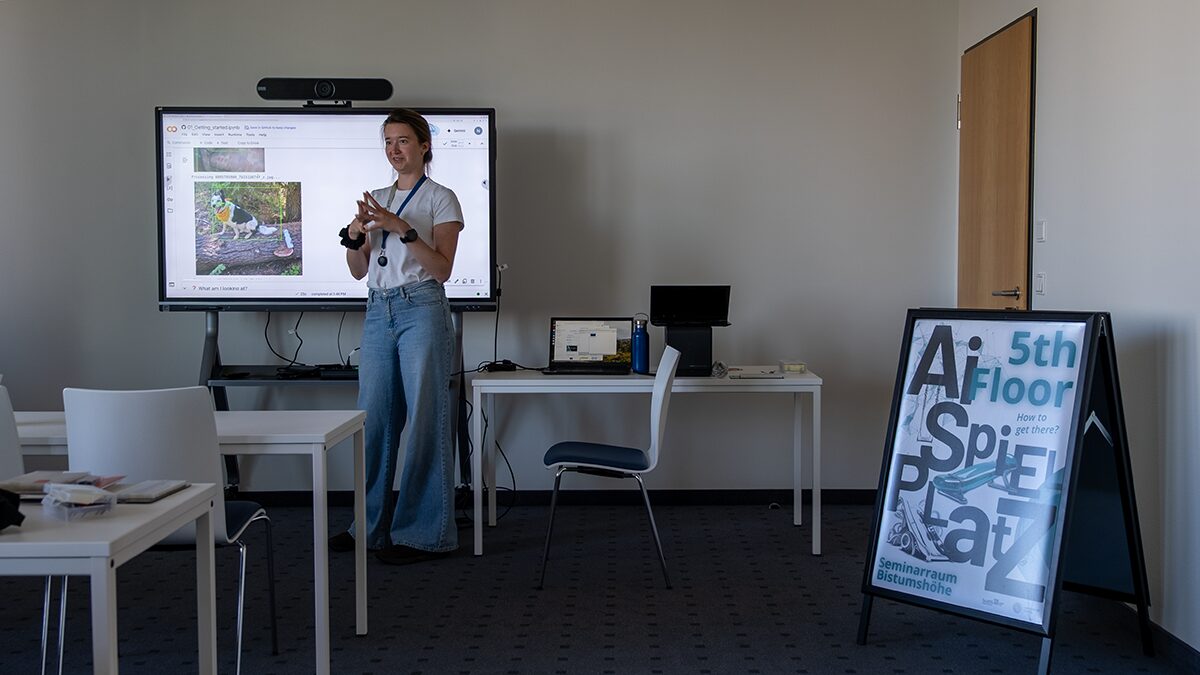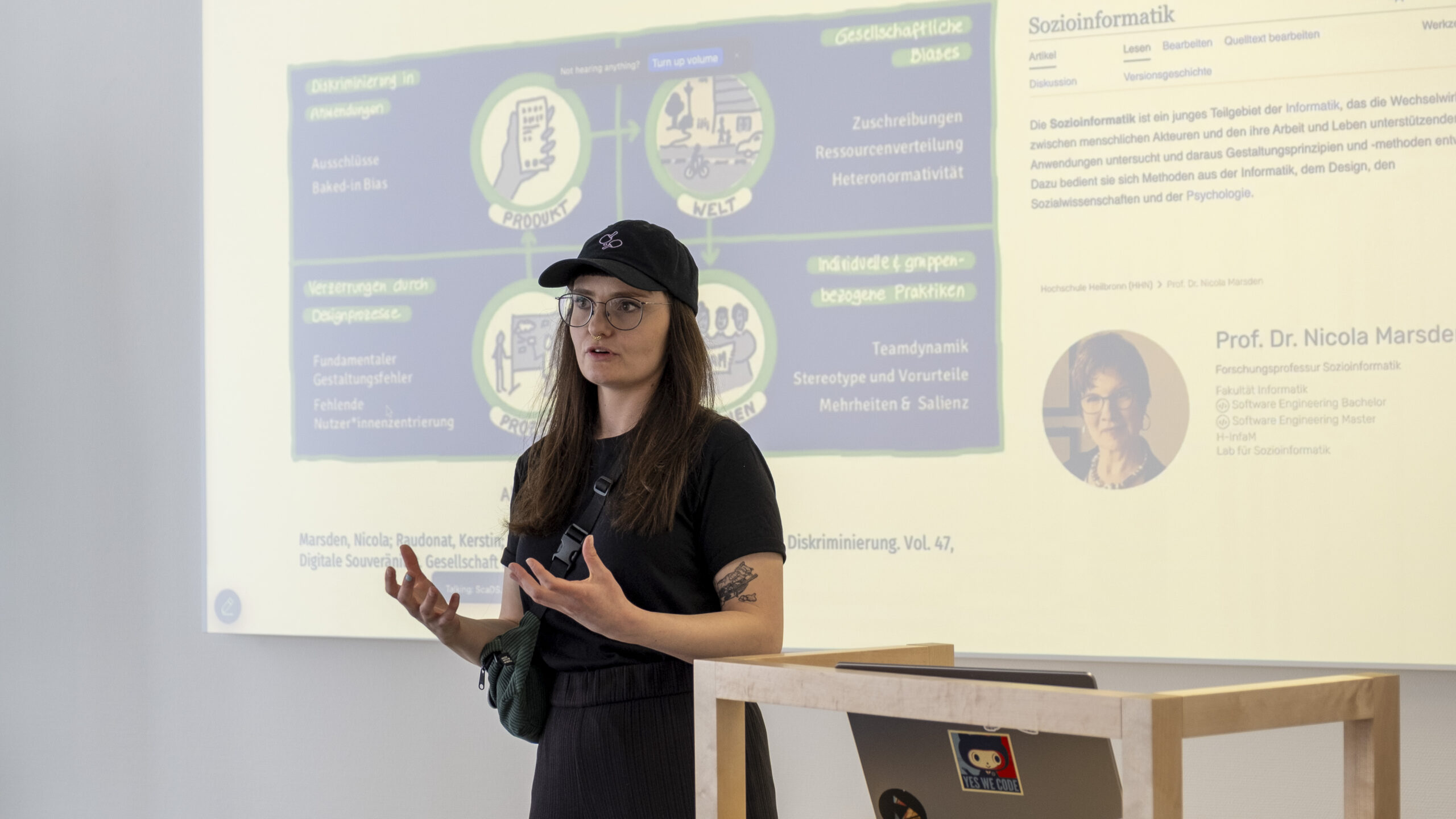20. June 2017
Large-scale map analysis within an HPC environment
Historical topographic maps are a valuable and often the only data source for tracking long-term land-use changes. Their availability and vast spatio-temporal coverage make these maps an important source of information for climate and earth system modeling (ESM). However, the automated retrieval of complex and compound geographical objects from these historical maps is a challenging task. With this, we introduce you to large-scale map analysis for land-use change monitoring using Machine Learning on HPC.
To facilitate the laborious information extraction from these maps, we present a two-stage machine learning-based approach for segmenting urban land-use from gray-scale scans using only a small set of training samples. We employ a Conditional Random Field (CRF) which obtains its unary potentials from a Random Forest (RF). The method is tested using two inference algorithms. To evaluate the performance and the scalability of the approach over large amounts of data sets, we conduct parallel computing experiments. Those take place within the HPC environment at the Center for Information Services and High Performance Computing at TU Dresden.
We evaluated the methodology on the first Central-European set of trigonometry-based maps (1:25000) from 1850-1940 with large spatial and temporal coverage. Those are particularly valuable for land-use change research and historical geo-information systems (HGIS). Experimental results indicate the suitability of both, the methodological approach and its parallel implementation.
Publication
This work on large-scale map analysis within an HPC environment has been presented at the GEOBIA 2016 Conference. A conference paper has been published and is available online. Are you interested in other publications by ScaDS.AI Dresden/Leipzig? You can find all publications by our center or team members here. In case of any questions, our scientists are happy to answer your questions about their research.






